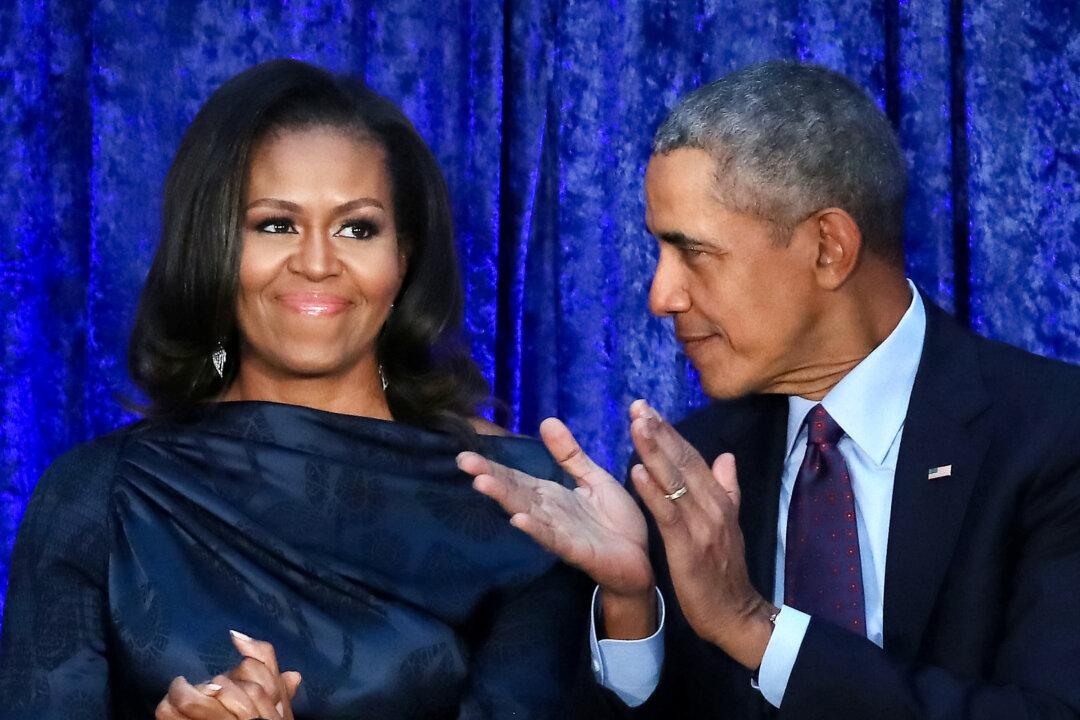Commentary
Michelle Obama, via a spokeswoman, just said she wouldn’t accept the Democratic Party’s nomination for president this year. Or did she?

Michelle Obama, via a spokeswoman, just said she wouldn’t accept the Democratic Party’s nomination for president this year. Or did she?